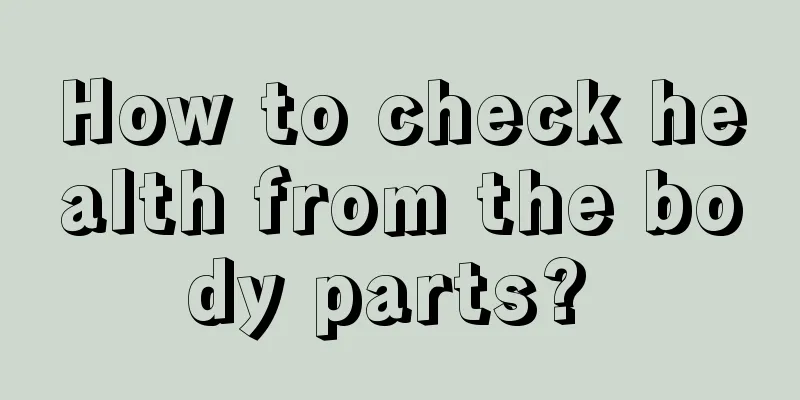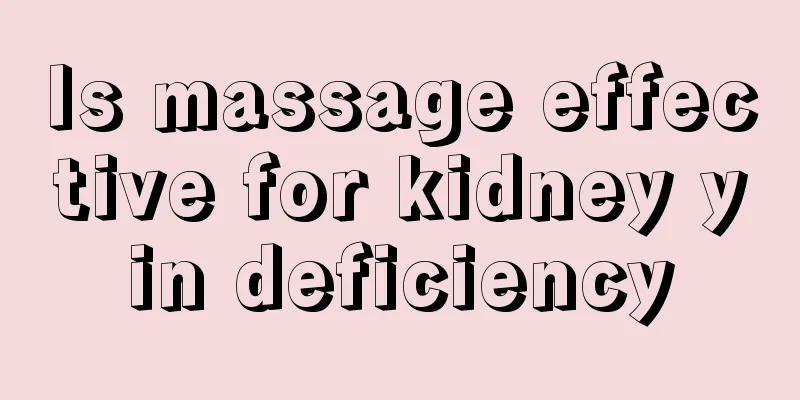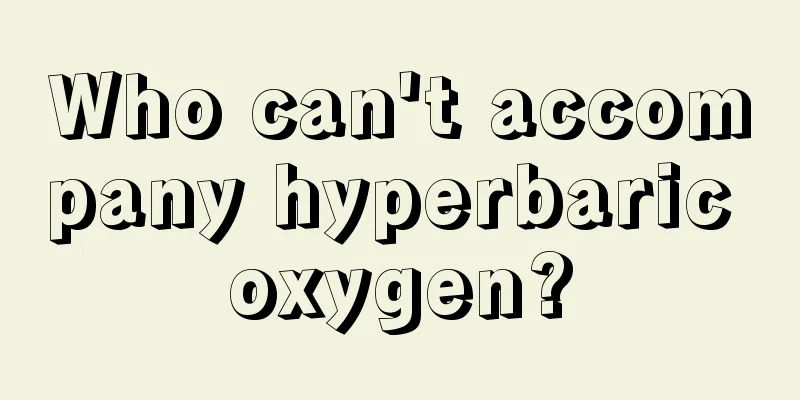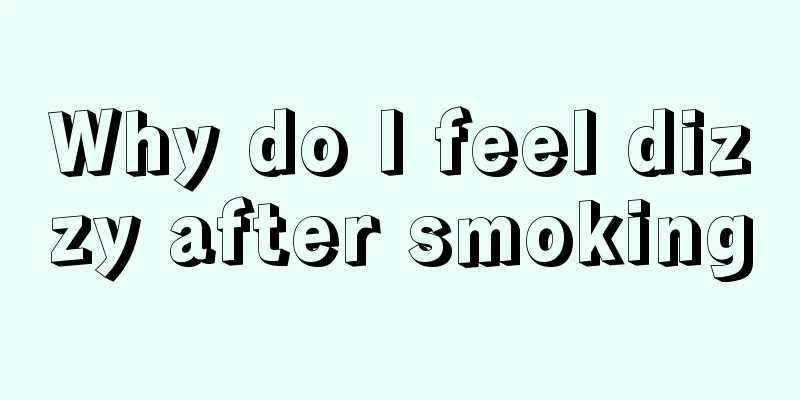The difference between anxiety and depression, 7 ways to tell the difference
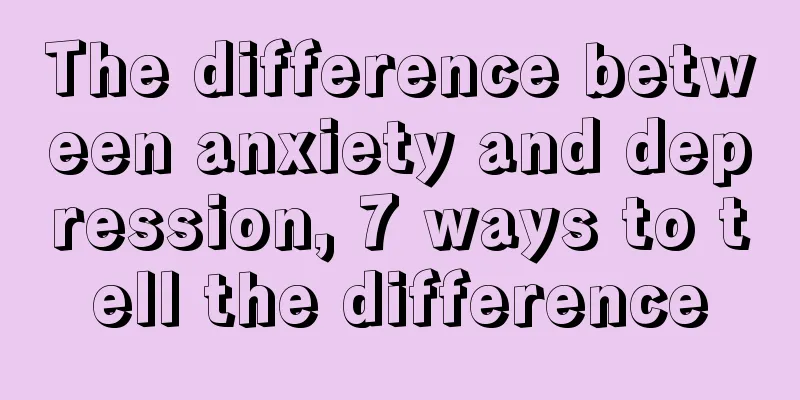
|
I believe everyone is familiar with the two diseases, anxiety disorder and depression. So do you know the difference between these two diseases? Because anxiety and depression share many of the same symptoms, many people make the wrong judgment and receive the wrong treatment, which only worsens their condition. So let’s take a look at the differences between anxiety and depression. 1. Depression is often accompanied by anxiety symptoms Depression is often accompanied by anxiety symptoms, but depression is the main symptom of depression. Anxiety is often just an emotional response shown by patients with depression, and is also accompanied by other emotional responses, such as compulsion, hypochondria, fear, etc. Symptom scales can be used in clinical testing to distinguish the primary and secondary symptoms. 2. Suicidal thoughts Patients with anxiety disorders do not have suicidal thoughts. Although they are afraid, they do not escape death. However, patients with depression often have suicidal thoughts and even suicidal behaviors. 3. Worrying too much about what might happen in the future A major manifestation of anxiety disorder is excessive worry about things that have not happened, and the patient will feel painful, while the emotions of patients with depression will be more complicated and accompanied by anxiety. 4. Physical symptoms reflect differently The physical symptoms of patients with anxiety disorders and depression are different. The physical manifestations of anxiety disorder are mainly related to the autonomic nervous system, such as breathing, heartbeat, sweating, etc.; while the physical symptoms of patients with depression are relatively stable, such as "plum pit qi", pain in the flanks, heaviness all over the body, etc. 5. Avoidance Anxiety disorder also causes avoidance of certain things due to anxiety, but it is not a generalized loss of interest and intention; while depression is a generalized withdrawal and loss of intention. 6. Feeling upset, panicky, or nervous Anxiety patients are often upset, frightened, nervous, and have a panic premonition of disaster, accompanied by symptoms such as dizziness, sweating, hot flashes, tremors, numbness of hands and feet, and gastrointestinal discomfort. Anxiety is different from fear. The threats and dangers felt by anxiety are unrealistic or not very clear. 7. Anxiety disorders often co-exist with depression Clinically speaking, more than 80% of patients with depression will suffer from anxiety. For patients with depression and anxiety, the depression should be treated first and then the anxiety. |
<<: What are the effects of moxa fumigation on the navel? Do you know these 6 effects?
>>: How to prevent depression, teach you 6 ways to prevent depression
Recommend
Can thyroid cancer cause phlegm in the throat?
If thyroid cancer causes a strange sensation in t...
What can I drink in water to remove moisture?
The current weather will make people's bodies...
What are the methods for preventing and treating tumor complications
I believe everyone is familiar with the disease o...
My chest hurt after doing parallel bars for a week
In fact, in our lives, we see many old men who ar...
What is globulin
Many people probably don’t know what globulin is....
Can I wash my hair during the confinement period after a caesarean section?
When women are giving birth, if conditions permit...
Diet after surgery for transverse colon cancer
Colon cancer is a common malignant tumor in my co...
Tissue biopsy is one of the diagnostic bases for lymphoma
Lymphoma has become a major disease that threaten...
How to use yeast extract
Maybe many friends only know that yeast is used t...
How long does it take for anal fistula to heal?
Anal fistula requires timely surgical treatment. ...
What are the methods for diagnosing renal hamartoma
Renal hamartoma is also called renal angiomyolipo...
What causes cramps in the little finger
Everyone needs to work, study and do things const...
How to tell if you have hemorrhoids?
Under normal circumstances, people are prone to h...
What are the symptoms of pancreatic cancer brain metastasis?
Symptoms of brain metastasis mainly include incre...
Is dried persimmon effective in removing freckles?
There are many ways to remove freckles, including...
